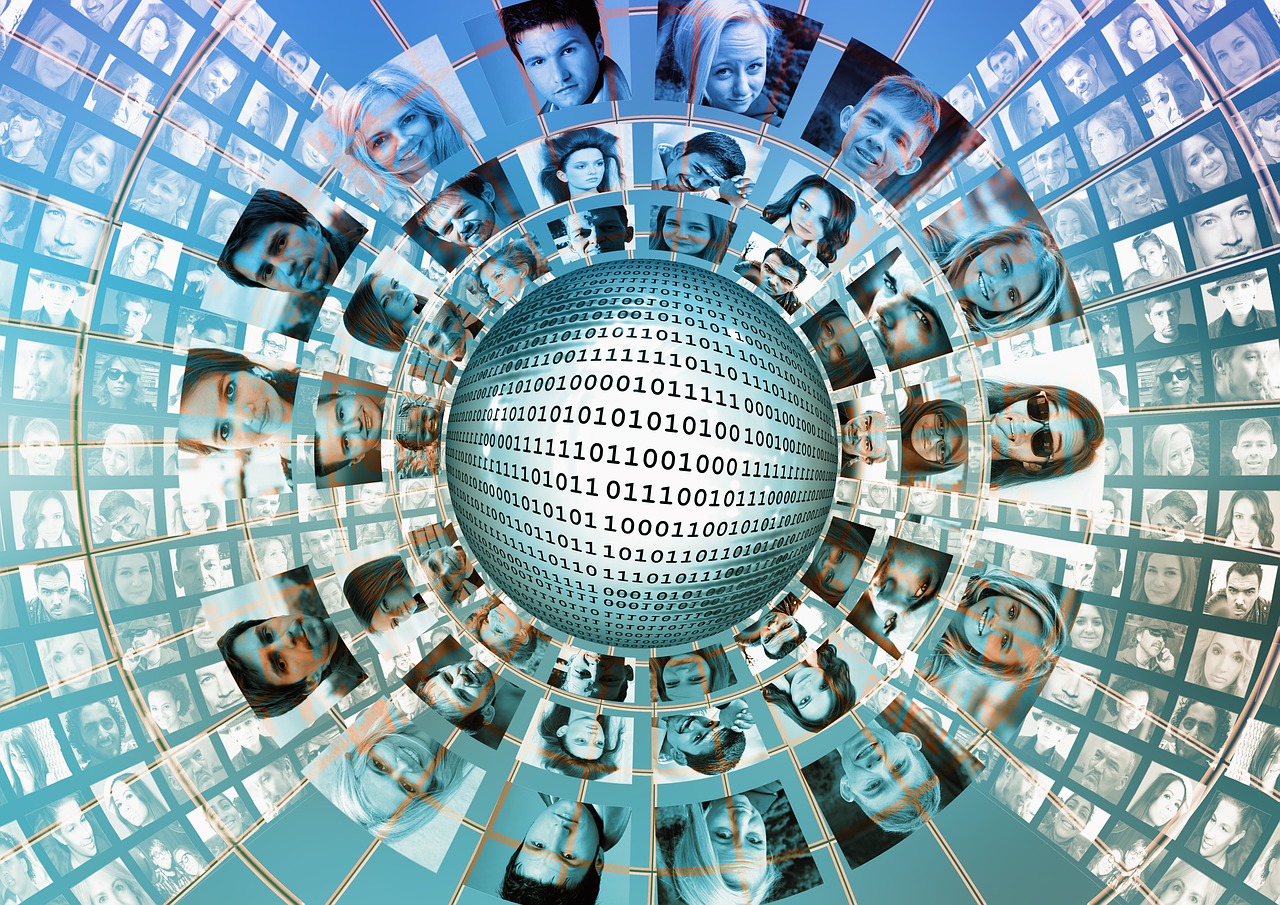Data brokers: the middlemen running the markets
Over the past 5 years, major digital technology stakeholders have boosted the data broker business. These middlemen collect and combine masses of traces that consumers leave online. They then offer them to the companies of their choice in exchange for income. Above all, they use this capital to manipulate markets around the world. These new powerful stakeholders are greatly misunderstood. Patrick Waelbroeck, an economist at Télécom Paris, studies this phenomenon in the context of the Chair he cofounded dedicated to Values and Policies of Personal Information.
Data brokers have existed since the 1970s and the dawn of direct marketing. These data middlemen collect, sort and prepare data from consumers for companies in need of market analysis. But since the advent of the Web, data brokers like Acxiom, Epsilon and Quantum have professionalized this activity. Unlike their predecessors, they are the ones who choose the partners to whom they will sell the information. They employ tens of thousands of individuals, with turnover sometimes exceeding 1 billion dollars.
As early as 2015, in an article entitled The Black Box Society, Franck Pasquale, a law professor at the University of Maryland, identified over 4,000 data brokers in a 156-billion-dollar market. In 2014, according to the American Federal Trade Commission (FTC), one of these companies held information on 1.4 billion transactions carried out by American consumers, and over 700 billion aggregate items!
Yet these staggering figures are already dated, since technology giants have joined the data broker game over the past five years. Still, “economists are taking no notice of the issue and do not understand it,” says Patrick Waelbroeck, professor of industrial economics and econometrics at Télécom Paris. In the context of the IMT Chair Values and Policies of Personal Information, he specifically studies the effect of data brokers on fair competition and the overall economy.
Opaque activities
“There are supply and demand dynamics, companies that buy, collect, modulate and build databases and sell them in the form of targeted market segments based on the customer’s needs,” the researcher adds. Technology giants have long understood that personal data is of little value on its own. A data broker’s activities entail not only finding and collecting data on or offline. More importantly, they must combine it to describe increasingly targeted market segments.
5 years ago, the FTC already estimated that some data brokers held over 3,000 categories of information on each American, from first and last names, addresses, occupations and family situations to intentions to purchase a car and wedding plans. But unlike “native” data brokers, technology giants do not sell this high value-added information directly. They exchange it for services and compensation. We know nothing about these transactions and activities, and it is impossible to measure their significance.
A market manipulation tool
“One of the key messages from our research has been that these data brokers, and digital technology giants in especially, do not only collect data to sell or exchange,” says Patrick Waelbroeck. “They use it to alter market competition.” They are able to finely identify market potential for a company or a product anywhere in the world, giving them extraordinary leverage.
“Imagine, for example, a small stakeholder who has the monopoly on a market in China,” says the economist. “A data broker who has data analysis indicating an interest in this company’s market segment for a Microsoft or Oracle product, for example, has the power to disrupt this competitive arena. For a variety of reasons—the interest of a customer, disruption of a competitor, etc.—they can sell the information to one of the major software companies to support them or, on the other hand, decide to support a Chinese company instead. ”
As a practical example of this power, in 2018, British Parliament revealed internal emails from Facebook. The conversations suggest that the Californian company may have favored third-party applications such as Netflix by sharing certain market data, while limiting access to smaller applications like Vine. “In economics, this is called a spillover effect on other markets,” Patrick Waelbroeck explains. “By selling more or less data to certain market competitors, data brokers can make the market more or less competitive and choose to favor or disadvantage a given stakeholder. ”
In a traditional market, the interaction between supply and demand introduces a natural form of self-regulation. In choosing one brand rather than another, the consumer exercises countervailing power. Internet users could do the same. But digital market mechanics are so difficult to understand that there are no users doing this. Although users regularly leave Facebook to prevent it from invading their privacy, it is unlikely they will do the same to prevent the social network from distorting competition by selling their data.
Data neutrality?
“One of our Chair’s key messages is the observation of a total ignorance of the influence of data brokers,” Patrick Waelbroeck continues. “No one is pondering this issue of data brokers manipulating market competition. Not even regulators. Yet existing mechanisms could be used as a source of inspiration in countering this phenomenon.” The concept of net neutrality, for example, which in theory enables everyone to have the same access to all online services, could inspire data neutrality. It would prevent certain data brokers or digital stakeholders from deciding to favor certain companies over others by providing them with their data analysis.
Read more on IMTech What is Net Neutrality?
Another source of inspiration for regulation is the natural resource market. Some resources are considered as common goods. If only a limited number of people have access to a natural resource, competition is distorted, and the rejection of a commercial transaction can be sanctioned. Finally, an equivalent measure for intellectual property rights could be applied to data. Certain patents, which are necessary in complying with a standard, are regarded as raw materials and are therefore protected. The companies holding these “essential patents” are required by regulation to grant a license to all who want to use them at a reasonable and non-discriminatory rate.
The value of the data involved in digital mergers and acquisitions
In the meantime, pending regulation, the lack of knowledge about data brokers among competition authorities is leading to dangerous collateral damage. Unaware of the true value of certain mergers and acquisitions, like those between Google and DoubleClick, WhatsApp and Facebook, or Microsoft and LinkedIn, competition authorities use a traditional market analysis approach.
They see the two companies as belonging to different markets–for example WhatsApp as an instant messaging service and Facebook a social network–and in general conclude that they would not gain any market power in joining forces than they had individually. “That is entirely false!”, Patrick Waelbroeck protests. “They are absolutely in the same sector, that of data brokerage. After the union of these duos, they all merged their user databases and increased the number of their users. ”
“We must view the digital world through a new lens,” the researcher concludes. “All of us–economists, regulators, politicians and citizens–must understand this new data economy and its significant influence on markets and competition. In fact, in the long-term, all companies, even the most traditional ones, will be data brokers. Those unable to follow suit may well disappear. ”
Article by Emmanuelle Bouyeux for I’MTech





Trackbacks & Pingbacks
[…] a falta de transparência no compartilhamento e venda de dados, não nos ajuda a identificar quem está manipulando nossos dados pessoais. É exatamente aqui que […]
Leave a Reply
Want to join the discussion?Feel free to contribute!